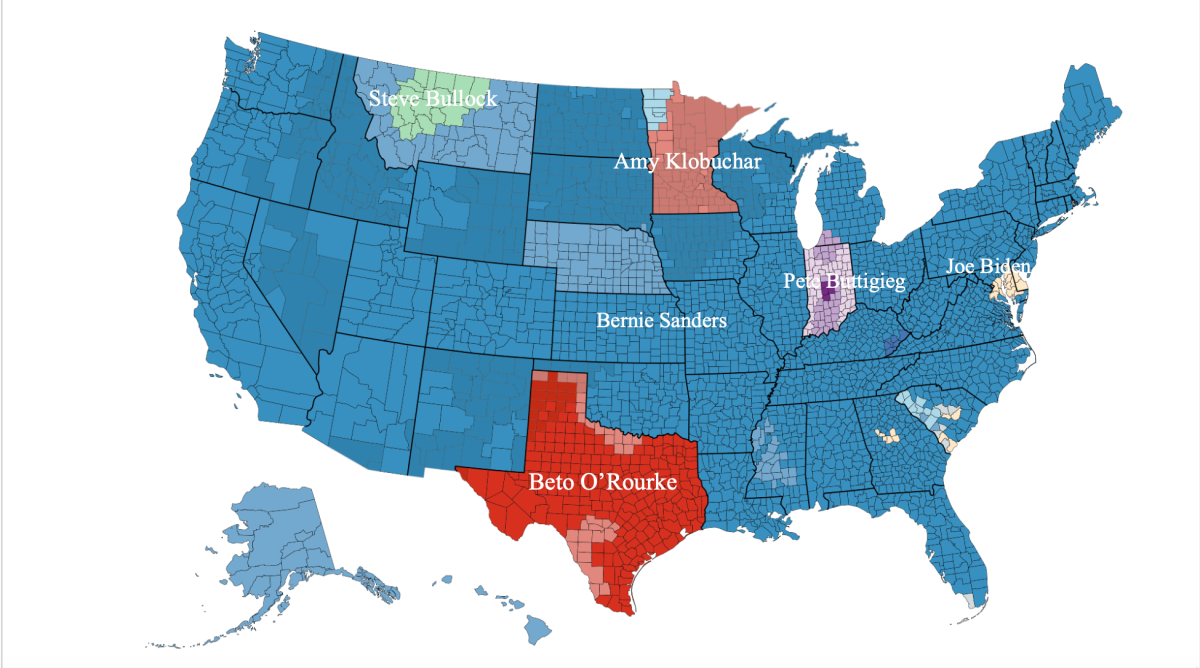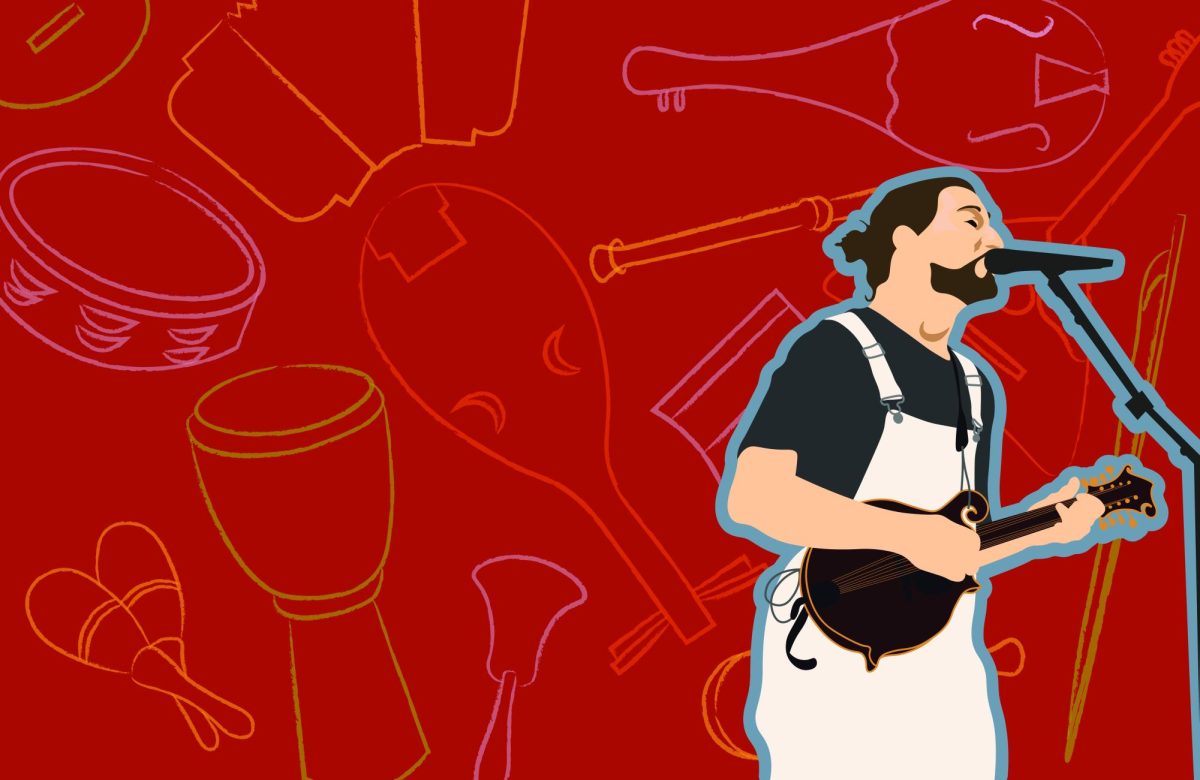Giving tours at the May 4 Visitors Center in the fall, I guide first year classes through the hollowed gallery, discussing the terse disconnect between the long-haired, fringe-sporting baby boomers and their straight-laced Silent Generation parents.
My eyes are starry, but inside I’m crossing my fingers some glossy-eyed freshman will perk up at something relatable on this tried and true parade through a history they likely are ludicrously nonplussed about.
To them, it’s history; it’s over with.
Generation gaps remain a universal phenomena, however, one will always feel the urge to rebel against their parents once they reach a certain age – or should I say youth.
It’s a curious social strata to me, as someone with slightly older parents who I always got along with.
The knowledge of the world and encouragement they supplied me with gave me an unpredictably positive perspective on those older than me and their culture. As much as I now sheepishly relate to the Onion headline about the daughter raised on media that will put her entirely out of touch with her generation, this upbringing also gave me a heightened realism about how stereotypes and reductive culture shape our perspectives on the past and past cohorts.
Nostalgia is an incredibly potent force, and having my mom to tell me that, no, the average American in the eighties was not listening to “Tainted Love” as it echoed over the Salvation Army PA has been very enlightening.
“OK Boomer” was all the rage a few years ago, and it rattled my core as an angsty teen wishing it was 1968, or 1975, or 1982 (it’s very mood dependent).
Why wouldn’t a youngster, brimming with possibility, not want to learn from their elders — hell, even respect them?
Today at Kent State, I count sharp witted, engaging professors, old townies and local legends among my greatest connections — they’re not just mentors, they’re acquaintances, too. They’re not only full of knowledge but are themselves curious about how the current generation sees things. They know that we are students of collective life, learning new skills and factoids along the way and passing on knowledge while always remaining hungry for more, more, more.
But not everyone has realized this yet.
This brings me to one of today’s most potent forces of division: ageism. Too many adults devalue the mental capacities of youths; too many youngsters quash the credibility of supposedly out-of-touch fogies.
It’s a very political concern, too, as we currently face an election between two old men, and any valid critique of one or the other’s ability to effectively lead a country — a very serious task and legitimate concern, should we care about “democracy” — gets the “A” word thrown like a star in vast sleep.
It’s an odd paradox: fight for the future, but rely on representatives of the past who are ineffective at truly acknowledging their smarts to do so.
Seeking a better world, however, knows no age limit.
Representation in government deserves to include those directly in the field of the day’s hot topics, and it also deserves those who hold the firsthand wisdom of how our past is, scarily, so much like our present.
The putrid status quo of incompetent leaders the world over who succumb to personal interest and thumbs-up from tyrannical systems can only be challenged if we take age out of the question and instead judge people on all levels of society on the qualities that matter: experience, intelligence, sharp wit, bringing something eye-popping or whimsical to the table. These are traits that know no generation, no matter what armchair pundits want you to think.
The same goes for our more common discourse, if we ignore the perceived stale or even unrelatable (scorn, scorn, scorn!) nature of objects or individuals from our collective past, we could all be smarter, more capable and more open.
I return to my more experienced compatriots: There’s nothing wrong with making a friend who can transport you to a different, not lesser or superior, just different time and place, just like there’s nothing like hearing a song or seeing a film for the first time.
We are always absorbing, forming a new person that didn’t exist just two years, two weeks, two seconds ago.
Once I would shame myself for being young, lacking the presumed vital experience of those I admire.
Now, inspired by their eternal lusts for cognition, I take my youth in stride, keeping myself open to new influences, grooves and niches to discover, embracing the unpredictable and beautiful fluidity of life — and all its golden harvests.
Sophia Swengel is an opinion writer. Contact her at [email protected].





CG • Feb 26, 2024 at 4:57 pm
What a refreshing and needed perspective!